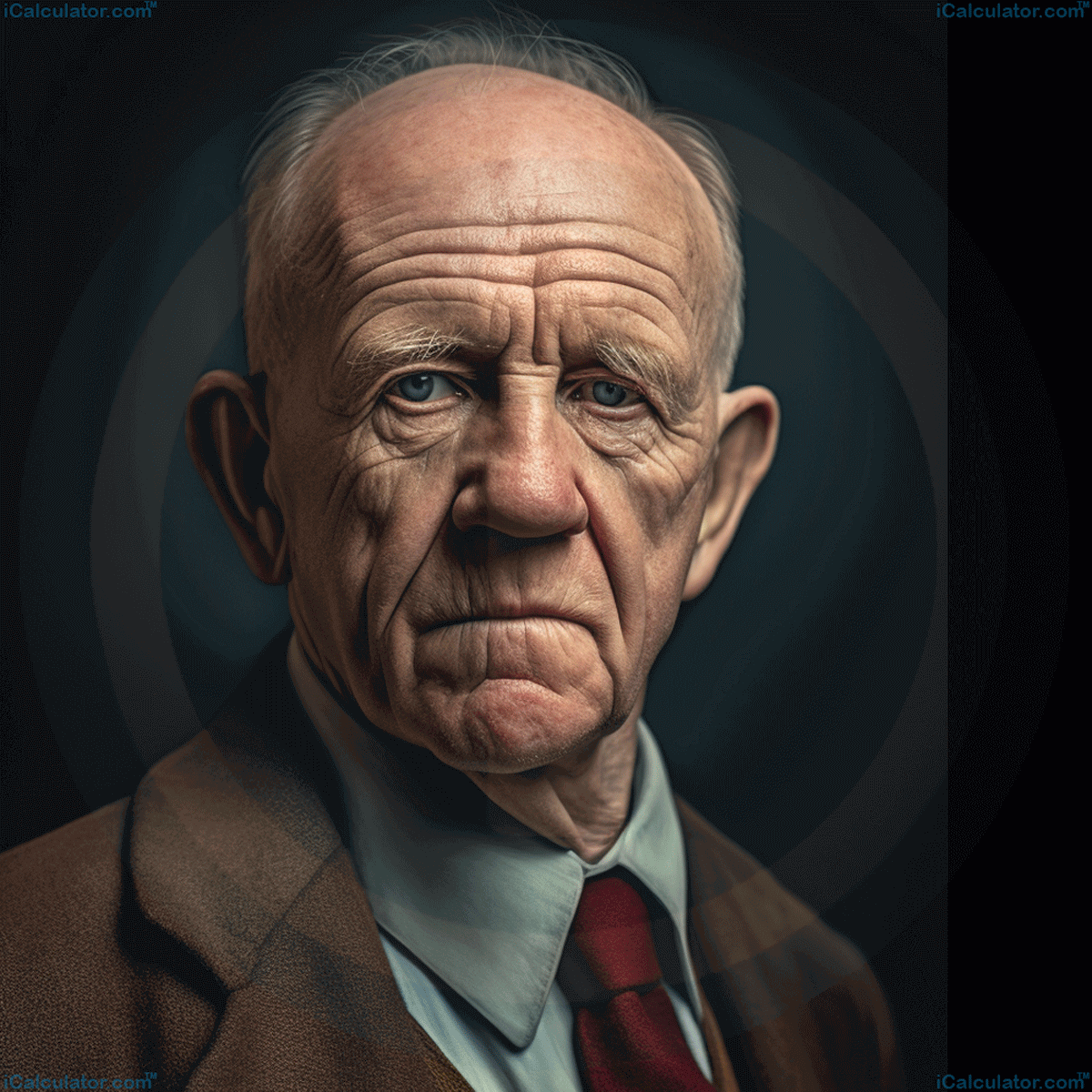Menu
Werner Heisenberg

Please provide a rating, it takes seconds and helps us to keep this resource free for all to use
About Werner Heisenberg
Werner Heisenberg was born on December 5, 1901, in Würzburg, Germany, and passed away on February 1, 1976, in Munich, Germany. Known for his immense contributions to the field of physics, Heisenberg dedicated his life to scientific exploration and understanding.
Heisenberg was married to Elisabeth Schumacher in 1937 and they had seven children together. He studied physics and mathematics at the Ludwig Maximilian University of Munich under the guidance of Arnold Sommerfeld, a theorist who also trained other future Nobel laureates.
What motivated Heisenberg to become a physicist was his passion for understanding the fundamental nature of the universe. His inquisitiveness, and desire to delve into the mysteries of quantum mechanics, coupled with the stimulating scientific environment of the early 20th century, drove him towards a career in theoretical physics.
Heisenberg's Discoveries
Heisenberg's most significant contribution to physics was the development of quantum mechanics, particularly the matrix mechanics formulation which he proposed in 1925. His work dramatically altered the understanding of physical phenomena at microscopic scales, influencing areas like atomic and nuclear physics, solid state physics, and particle physics.
The path towards his groundbreaking discovery wasn't smooth. At a point in his career, Heisenberg had to work in isolation due to a bout of hay fever, which eventually led to his formulation of matrix mechanics. This significant breakthrough transformed the world of physics, forming the basis for many modern technologies, such as lasers and semiconductor devices.
Heisenberg's Key Achievements
Werner Heisenberg was awarded the Nobel Prize in Physics in 1932 "for the creation of quantum mechanics". His Uncertainty Principle, formulated in 1927, is another of his significant achievements. This principle is a fundamental concept in quantum mechanics which states that it is impossible to simultaneously determine the exact position and momentum of a particle.
Heisenberg's Formulas
Heisenberg is famous for formulating the Uncertainty Principle. The mathematical representation of this principle is as follows:
Introduction to the Uncertainty Principle Formula
Where:
- Δx: Uncertainty in position
- Δp: Uncertainty in momentum
- ℏ: Reduced Planck's constant (h/2π)
Werner Heisenberg Tutorials and Calculators
The following tutorials and calculators are influenced by the work the great physicist Werner Heisenberg, each calculator contains a tutorial that explains Werner Heisenberg in the field